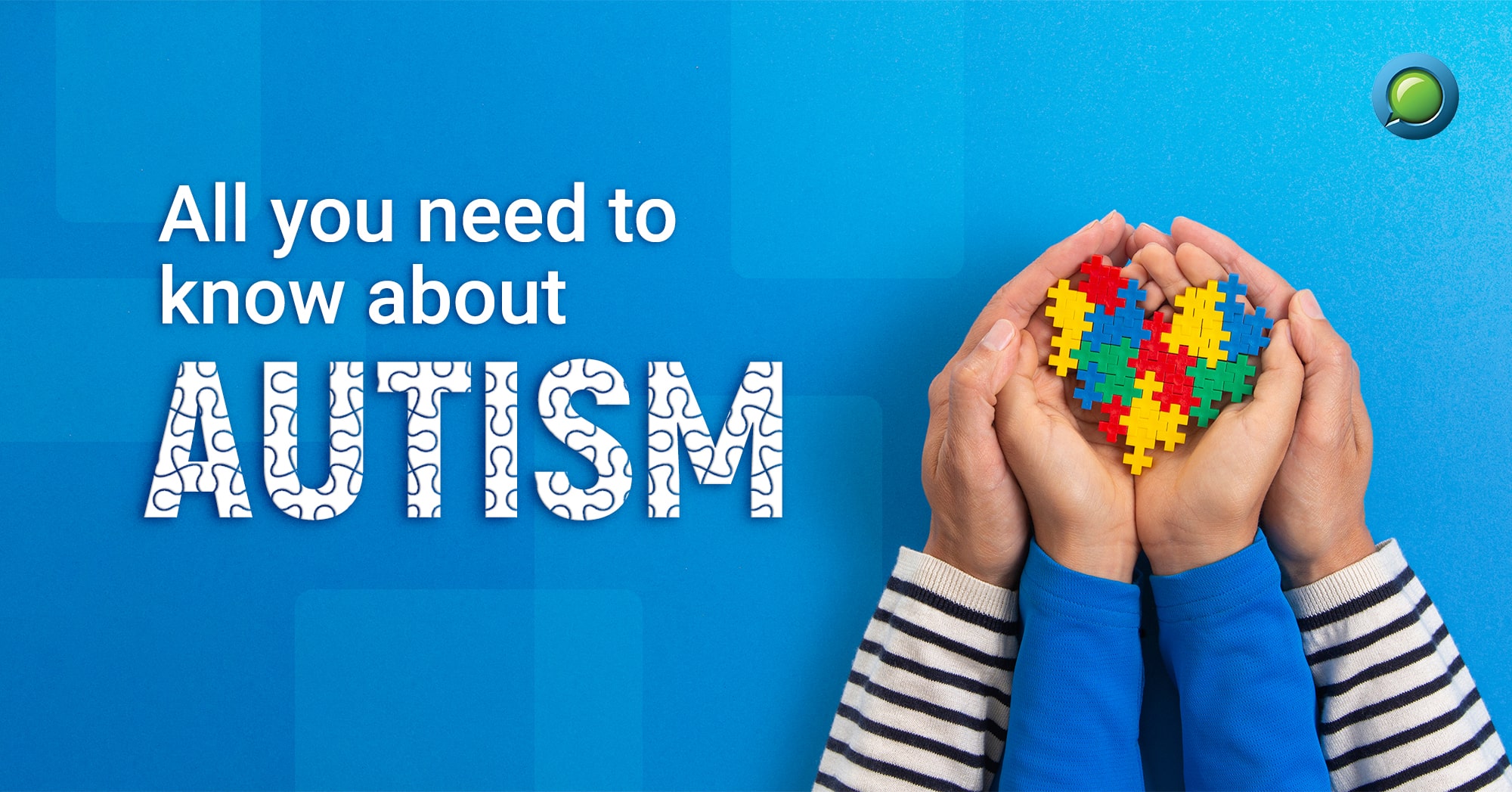Stem Cell Therapy for Autism : An In-Depth Guide
Autism is a complex neurodevelopmental disorder that affects a person's ability to communicate, interact, and form relationships with others. In recent years, stem cell therapy has emerged as a promising treatment option for individuals with autism. This article will provide a comprehensive overview of stem cell therapy for autism, including its benefits, the current state of research, and what patients and their families can expect from this treatment.
What is Stem Cell Therapy for Autism?
Stem cell therapy for autism involves the use of stem cells to repair or regenerate damaged brain tissue in individuals with autism. The goal of this therapy is to improve the person's cognitive and behavioral symptoms, thus improving their quality of life.
How Does Stem Cell Therapy Work?
Stem cells are unique in that they have the ability to differentiate into different cell types, including brain cells. During stem cell therapy for autism, stem cells are taken from the patient's own body or from a donor and then transplanted into the brain. These stem cells then differentiate into new brain cells, which can help repair any damage or improve brain function.
Benefits of Stem Cell Therapy for Autism
There are several potential benefits of stem cell therapy for individuals with autism, including:
- Improved cognitive and behavioral symptoms
- Enhanced communication skills
- Increased social interaction
- Improved overall quality of life
The Current State of Stem Cell Research for Autism
There is a growing body of research on the potential benefits of stem cell therapy for autism. In recent years, several clinical trials have been conducted to evaluate the safety and efficacy of this treatment, and the results have been promising.
However, more research is needed to fully understand the effects of stem cell therapy for autism and to determine the best methods for delivering this treatment.
What to Expect from Autism Stem Cell Therapy?
If you or a loved one is considering autism stem cell treatment, it is important to understand what to expect from this treatment.
The first step is to schedule a consultation with a stem cell specialist where you live. During this consultation, the specialist will evaluate the individual's medical history, current symptoms, and overall health to determine if they are a good candidate for stem cell therapy.
If the individual is a good candidate, the specialist will then explain the steps involved in the therapy and answer any questions the patient or their family may have.
Conclusion
Stem cell therapy offers a promising new treatment option for individuals with this neurodevelopmental disorder. While more research is needed to fully understand the effects of this treatment, the current state of research is promising and has shown that stem cell therapy has the potential to improve cognitive and behavioral symptoms, enhance communication skills, and improve overall quality of life for individuals with autism.
If you or a loved one is considering stem cell therapy for autism, it is important to speak with a specialist to determine if this treatment is right for you.
Reference:
https://www.medacess.com/treatments/stem-cell-therapy-for-autism.html
https://raisingchildren.net.au/autism/therapies-guide/stem-cell-therapy




Comments